Technology
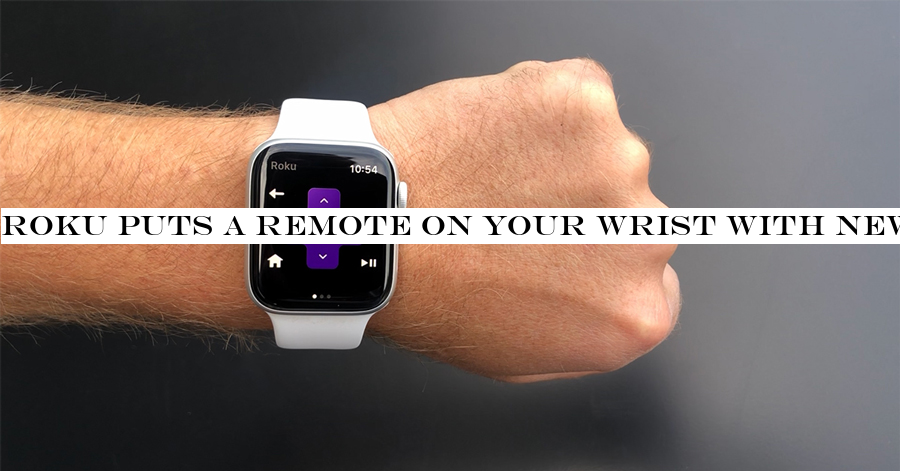
The Roku remote is coming to your wrist. The company announced today the launch of an Apple Watch app that lets you control your Roku device, including Roku media players and select Roku TVs, with a tap — just like the Roku mobile app, but sized for your wrist.
Considered the limited screen real estate, the app is fairly robust in terms of its feature set.
In addition to the expected media controls — like the ability to play and pause what you&re watching &, the app also offers a home button, the select button (&OK&), a back button and directional arrows. And it includes a way to launch your favorite channels, which are organized in order of the most recently launched to make them easier to access. That way, if you always watch Netflix, you don&t have to scroll down to find it.
In addition, the tiny remote app includes voice search functionality. To activate, you just tap the voice icon, then say things like &Launch Hulu& or &search for comedies,& or even change sources, like &switch to HDMI 1& for your Roku TV, the company explains. This will work on Apple Watch versions 1 through 5.
And if you have a Roku Ultra or a Roku TV with the Remote Finder functionality which uses an audible chime to locate a lost remote control in the couch cushions, you can also use the Roku Apple Watch app to signal your Roku remote to start making a noise.
All these features will be familiar to anyone who has already used the Roku remote for smartphones, as the Apple Watch app is just a miniaturized version. The only thing itmissing is the ability to stream The Roku Channels& free movies, but obviously thatnot a feature you&ll want on your wristwatch. (I mean…right?)
To get the Roku Apple Watch app, you&ll need to download or update your Roku iOS app to the latest version (6.1.3), and the app will appear on your Watch as long as you haven&t disabled &Automatic App Install& in the WatchSettings.
- Details
- Category: Technology
Read more: Roku puts a remote on your wrist with new Apple Watch app
Write comment (97 Comments)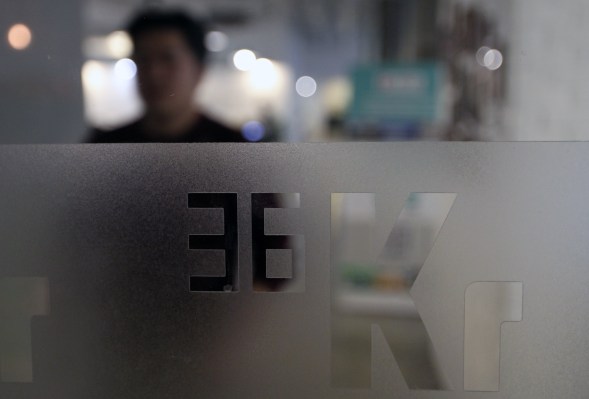
36Kr, a Chinese news and data website that tracks startups, fell 10% in its Nasdaq debut on Friday.
The disappointing debut followed 36Krdecision to slash the size of its offering from 3.6 million shares to 1.4 million and pricing its shares at $14.5, the bottom of marketed range. This meant that the firm, which had initially aimed to raise as much as $100 million, settled for $20 million. A company top executive said that even as the offering is smaller, it has great confidence in its stockfuture performance.
The nine-year-old Chinese companydecision to list in the U.S., instead of doing so in Hong Kong especially during the ongoing trade war between the two nations also surprised many.
In an interview with Yahoo Finance on Friday, 36Kr founder and co-chairman Cheng-Cheng Liu said the company decided to go public on Nasdaq because &our team thinks the U.S. stock market is one of the most matured markets in the world. Also, we have business outside of China.&
36Kr provides financials on companies, market updates, and commentaries. It maintains an English website as well and makes money through ads and multiple subscription offerings. The companycould look to expand its business in North America in the future, said Liu. He also said that the company is betting that &the U.S. and China will be friends again.&
Liu said the recent instances such disappointing debut of Uber and tremendous fall of We, which postponed its public debut, should not affect 36Krperformance because unlike other companies 36Kr is ¬ cash burning& and has been profitable. In the first half of 2019, 36Kr generated a revenue of$29.4 million, a 179% year-over-year increase
The company, often called &Crunchbase* of China,&counts Ant Financial, Matrix Partners China, e.ventures, and Infinity Ventures among its investors and has raised over $100 million in venture fund. Crunchbase, which late last month raised $30 million, started as part of TechCrunch and has since spun out.
- Details
- Category: Technology
Read more: China’s news and data site 36Kr tumbles in its stock market debut
Write comment (96 Comments)&We will make decisions that hurt the business if they help peoplewell-being and health& says Instagram CEO Adam Mosseri. To that end, next week Instagram will expand its test of hiding Like counts from everyone but a postcreator to some users in the United States. But there are major questions about whether the change will hurt influencers.
Mosseri revealed the plan at the Wired25 conference today, saying Instagram &We have to see how it affects how people feel about the platform, how it affects how they use the platform, how it affects the creator ecosystem.&
InstagramCEO explained that &The idea is to try to depressurize Instagram, make it less of a competition, and give people more space to focus on connect ing with the people they love and things that inspire them.& The intention is to&reduce anxiety& and &reduce social comparison&.
Elsewhere during the talk that also featured actor and CEO Tracie Ellis Ross, Mosseri discussed Instagramgrowing interest in shopping, and how it can provide new revenue streams to influencers. He also described Instagramthree-pronged approach to well-being where it identifies and addresses acute problems such as hate speech, finds positions where it can lead as with fighting bullying, and rethinks fundamentals of how the platform works as with Like count hiding.

Instagram began testing this in April in Canada and expanded it to Ireland, Italy, Japan, Brazil, Australia, and New Zealand in July. Facebook started a similar experiment in Australia in September.
While it seems likely that making Instagram less of a popularity contest might aid the average user, Instagram has to be mindful that it doesn&t significantly decrease creators& or influencers& engagement and business success. These content makers are vital to Instagramsuccess, since they keep their fan bases coming back day after day, even If users& friends are growing stale.
A new study by HypeAuditor reported by Social Media Today found that influencers across tiers of follower counts almost unanimously saw their Like counts fall in countries where the hidden Like count test was active. Likes fell 3% to 15% in all the countries for influencers with 5,000 to 20,000 followers.
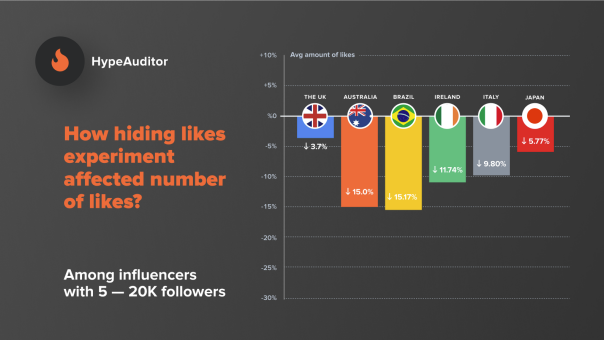
Only in Japan, and only for influencers with 1,000 to 5,000 or 100,000 to 1 million followers did the change lead to a boost in Likes — of about 6% in both groups. Meanwhile, influencers saw the biggest loss of Likes in the Brazilian market. Those trends could relate to how users in certain countries might feel more comfortable Liking something if they don&t know who else is too, while in other nations users might rely on more herd mentality to know what to Like.
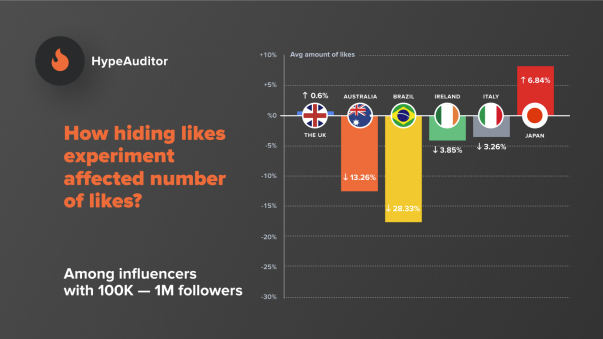
If Instagram finds the impact of the test to be too negative on influencers, it may not roll out the change. While Mosseri stated the company wasn&t afraid to hurt its own bottom line, impairing the careers of influencers may not be acceptable unless the positive impacts on well-being are significant enough.
- Details
- Category: Technology
Read more: Instagram to test hiding Like counts in US, which could hurt influencers
Write comment (92 Comments)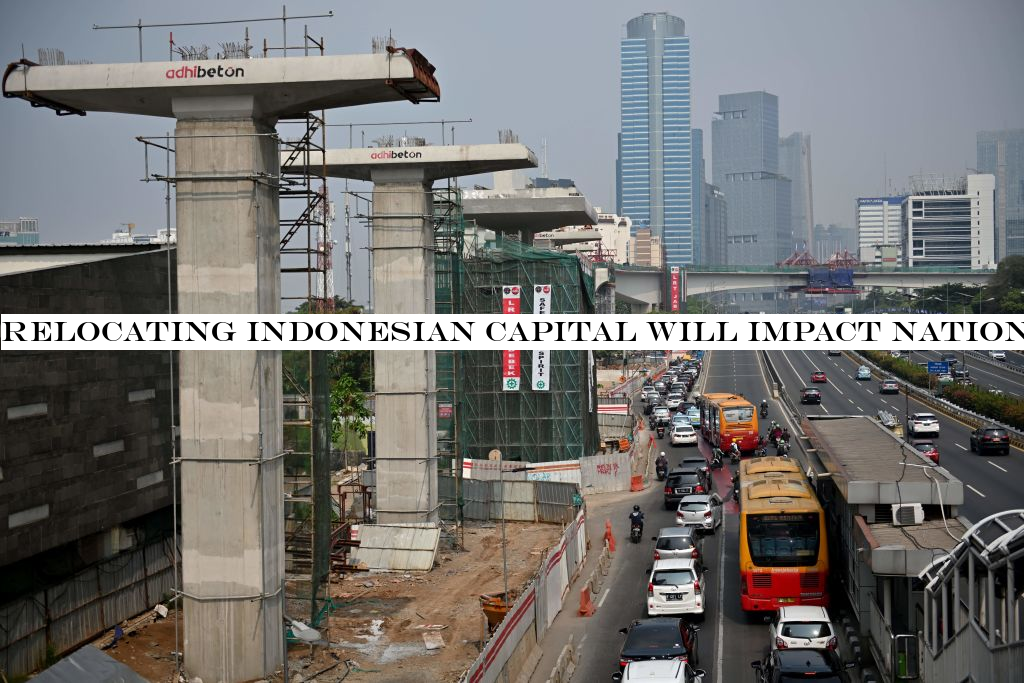
Recently reelected, Indonesian President Joko Widodoannounced a desire to move the nationcapital from Jakarta to the East Kalimantan region, citing environmental concerns, the most exigent of these being the fact that Jakarta is literally sinking due to the uncontrolled extraction of groundwater. Widodo said he wished to separate Indonesiagovernment from its business and economic hub in Jakarta.
However, what would a move from Jakarta do to Indonesiaburgeoning startup economy?
Shifting administrative governmental hubs
According to Widodo, studies have determined that the best site for the proposed new capital is between North Penajam Paser and Kutai Kertanegara, both located in East Kalimantan. The basis of this selection is due to studies highlighting the regionrelative protection from natural disasters, especially when compared to other regions. This would definitely be a benefit for the governmental heart of Indonesia, ensuring continuous administrative functions in a disaster-prone region. Other governments have separated administrative centers from their economic hubs with varying degrees of success, with some examples being Brazilcreation of Brasília, as well as Koreaprojected move from Seoul to Sejong.
What is most interesting to note from prior examples is that these newer branched-out cities are non-surprisingly, heavily government-centric. In Brasília, roles tied to the government make up nearly 40% of all jobs, while in Sejong, a lack of facilities like public transit and commercial mall space cause many to commute into Sejong for government work, instead of permanently settling in the area. Given the semi-undeveloped nature of East Kalimantan, these anecdotes are quite troubling if the government is actually moving to North Penajam Paser or Kutai Kertanegara.
These facts raise the question of economic impacts of such governmental moves. In fact, one may even opine that while these moves do allow for governmental growth, ultimately, they may hurt the country economically due to a divestment between both government and economic hubs. In this specific instance, it is most important to analyze the impact of such a move on Indonesiastartup economy, as the nation is one the worldleaders in startup growth.
Indonesiastartup economy
Indonesia has emerged as a startup hub within Southeast Asia in recent years, with its population of over 260 million marking it as the worldfourth-most populous country. Additionally, Indonesiamobile-first population has enabled the full embrace of the internet era, with 95% of all internet users in Indonesia connected to the web via a mobile device.
Similarly, startup growth has boomed in the island archipelago, with several Indonesian-based unicorns disrupting local, regional, and global economies. Softbank-backed ecommerce giant Tokopedia is currently in talksfor a pre-IPO funding round, while emerging super-app Gojek controls significant portions of the ride-sharing industry in Asia, simultaneously expanding intoseparate industriesto include digital payments, food delivery, and evenvideo-streaming. Additionally, online travel portal Traveloka (in which Expedia has a minority stake) has recentlyentered the financial services space, furthering its impact within Asia. These specific examples of high-growth startups demonstrate a population hungry for innovation, further driving the developing startup economy.
- Details
- Category: Technology
Read more: Relocating Indonesian capital will impact nation’s startup ecosystem
Write comment (93 Comments)Chris Cox motivational speeches were at the heart of Facebooknew employee orientation. But after 14 years at the social network, the chief product officer left in March amidst an executive shake-up and Facebook new plan to prioritize privacy by moving to encrypt its messaging apps. No details on his next projects were revealed.
Now the 37-year-old leader will be putting his inspirational demeanor and keen strategy sense to work to protect the environment and improve the government. Today at Wired25 conference, Cox finally shared more about his work advising political technology developer for progressives Acronym, and climate change-tracking satellite startup Planet Labs. He also explained more about the circumstances of his departure from the social networkC-suite.
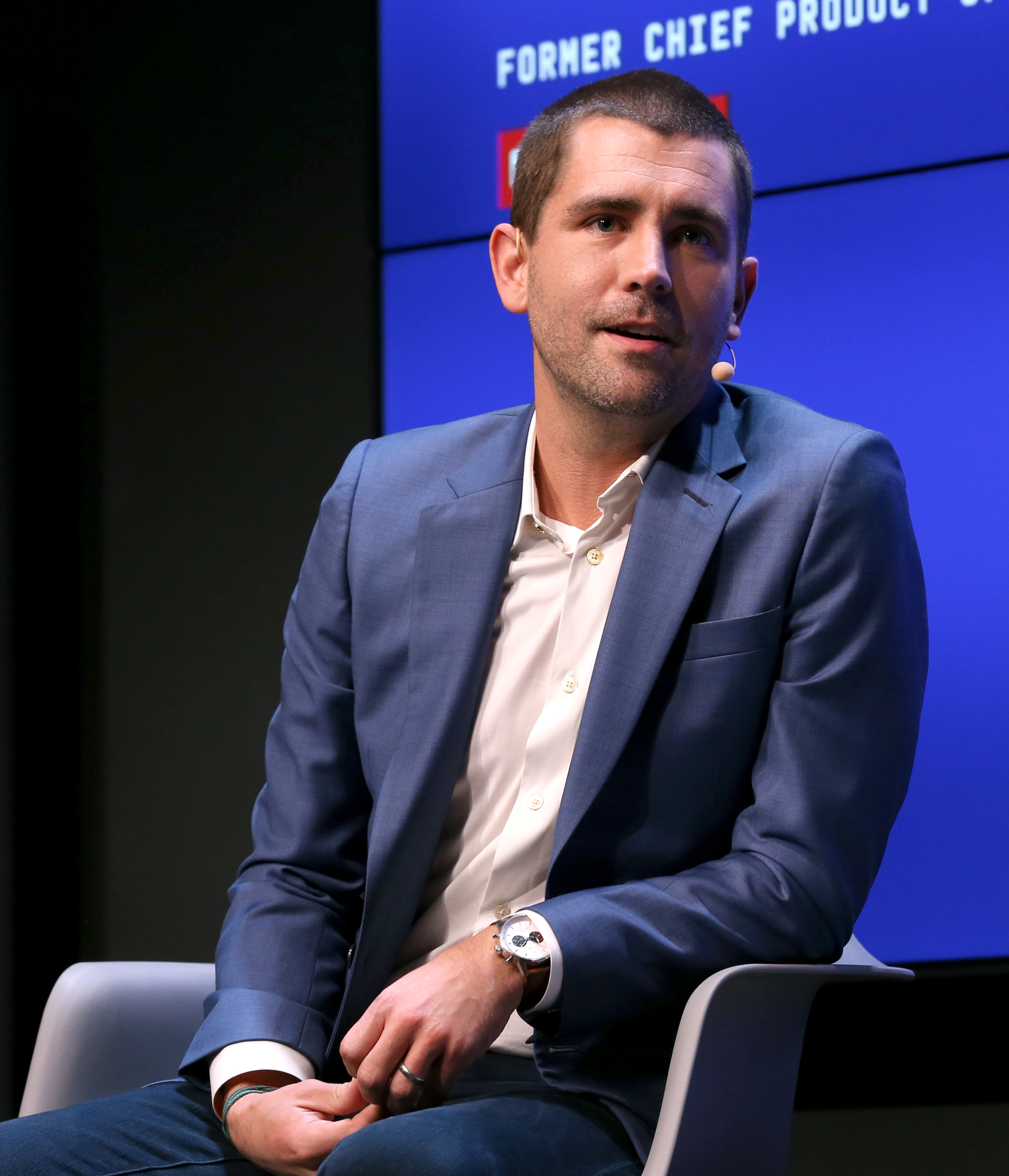
SAN FRANCISCO, CALIFORNIA & NOVEMBER 08: Chris Cox speaks onstage at the WIRED25 Summit 2019 & Day 1 at Commonwealth Club on November 08, 2019 in San Francisco, California. (Photo by Phillip Faraone/Getty Images for WIRED)
Leaving Facebook
On how he felt leaving Facebook, Cox said, &part of the reason I was okay leaving was that after2016 I&d spent a couple years building out a bunch of the teams that I felt were most important to sort of take the lessons that we learned through some of 2016 and start to put in place institutions that can help the company, be more responsible and be a better communicator on some of the key issues.&
As for what specifically drove him to leave, Cox explained that, &It wasn&t something where I felt I wanted to spend another 13 years on social media. Mark and I saw things a little bit differently . . . I think we are still investigatingas an industry, how do you balance protecting the privacy of people&s information and continuingto keep people safe,& Cox said.
On whether moving toward encryption was part of that, he said he thinks encryption is &great: and that &It offers an enormous amount of protection,& but noted &it certainly makes some of those things more complicated& on the privacy versus safety balance. He complemented Facebookefforts to build ways of catching bad actors even if they&re shielded by encryption. That includes digital literacy initiatives in Brazil and India ahead of elections, and offering forwarding systems for sending questionable information to fact checkers. &I think there are pros and cons with these systems and I&m not a hard-liner on any one of them,& Cox said, and noted that what Facebook is building is &resonant with what people want.&
Cox was asked about the major debate about whether Facebook should allow political advertising. &We think political advertising can be good and helpful. It often favors up and comers versus incumbents.& Still, on fact-checking, he said, &I&m a big fan,& even though Facebook isn&t applying that to political ads. He did note that &I think the company should investigate and is investigating micro targeting . . . if there&s hundreds of variants being run of the creative thenit&s tricky to get your arms around what&s being said.& He also advocated for more context in the user interface distinguishing political ads.
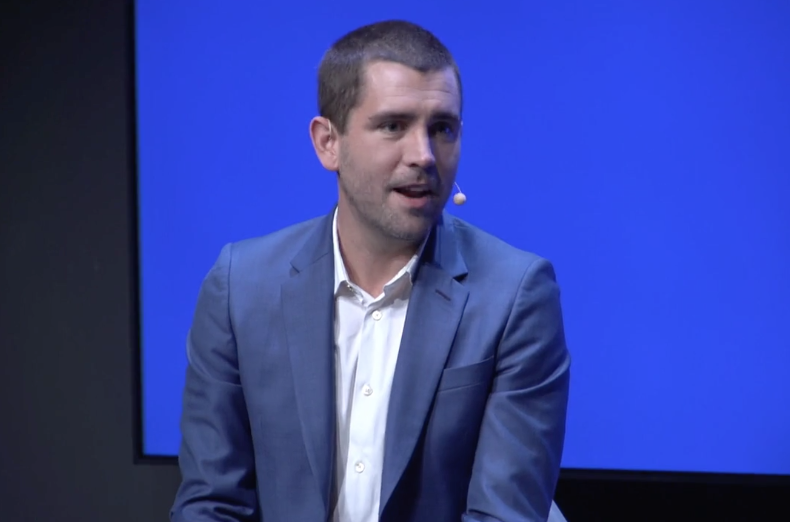
Chris Cox speaks at Wired25
Coxnext projects
Since leaving Facebook, Cox has joined the advisory board of a group called Acronym, which is helping to build out the campaign and messaging technology stack for progressive candidates. &This is an area where my perception is that the progressives have been behind on the ability to develop and use as a team infrastructure that helps you have a good voter file, how to develop messaging —just basic politics in 2019.&
WiredLauren Goode asked if he was aligning himself with progressives, taking a political stance, and whether he could do that while still at Facebook. &Absolutely not,& Cox responded. &And why is that I think when you&re in a verysenior role at a platform, you have a duty to be much more neutral in your politics.&
He then came out with a bold statement enabled by his independence. &I think Trump should not be our president. The other thing I care a lot about right now is climate change and henot going to help us there.&
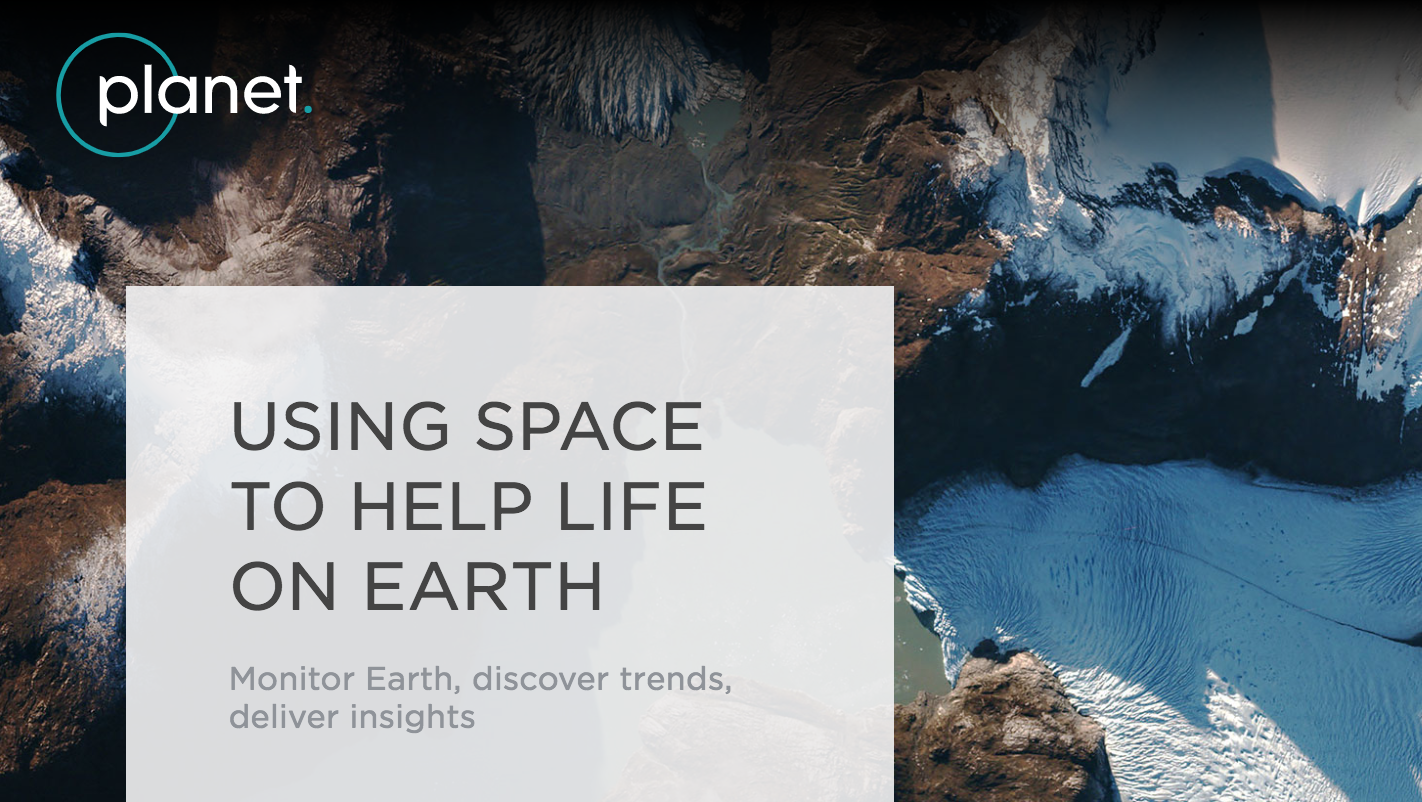
That led to Cox discussing that healso been working to advise San Francisco startup Planet Labs, which is using satellite imagery to track climate change. &The vision was to build these small, about shoebox-size satellites with solar panel panel wings and have a fleet of them in space, which is real-time imaging the Earth.&
With that data, Cox explained you can track wildfires, deforestation, coal power plants, methane gas and more. Then, &You can start to contribute to having a health system, where you are basically imaging the Earth every hour, and then you&re creating some public data set with tools that plug into decision makers, banks, insurance companies, policymakers, investors, journalists, students…&
Asked about big techresponsibility for addressing climate change, Cox said &I think at the very least it&s making a commitment to being carbon-negative.&
Acronym and Planet Labs& work intertwines, as Cox believes climate data proves the need for someone new in the Oval Office. While Cox didn&t discuss it onstage, Wired listed him as part of Shasta Group, which is Coxown vehicle for contributing to these projects. Still, henot ready to launch a full-fledged company of his own in politics and climate. &I&m still so youngat this field that I don&t have enough confidence in my own mental model of the world.&
Cox concluded that by harnessing big companyemployees and having team leaders put more attention on climate change, &I do think tech can lead.&
- Details
- Category: Technology
Read more: “Trump should not be our president” says Ex-Facebook CPO Chris Cox
Write comment (100 Comments)Joshua Luber runs a sneaker empire valued at more than $1 billion, but he thinks they&re just now scratching the surface. The consumer marketplace recently expanded to include a fifth category (collectibles). &Itan evolution of eBay that works similar to the stock market,& Luber states, &but at the core, itaround the concept of true market price.&
We visited StockX15,000-square-foot facility in Detroit to get a peek into their authentication process, and sat down with Luber to chat about humble beginnings, business expansion and sneakers.
- Details
- Category: Technology
Read more: Inside StockX’s authentication center
Write comment (93 Comments)Page 403 of 5614

 12
12